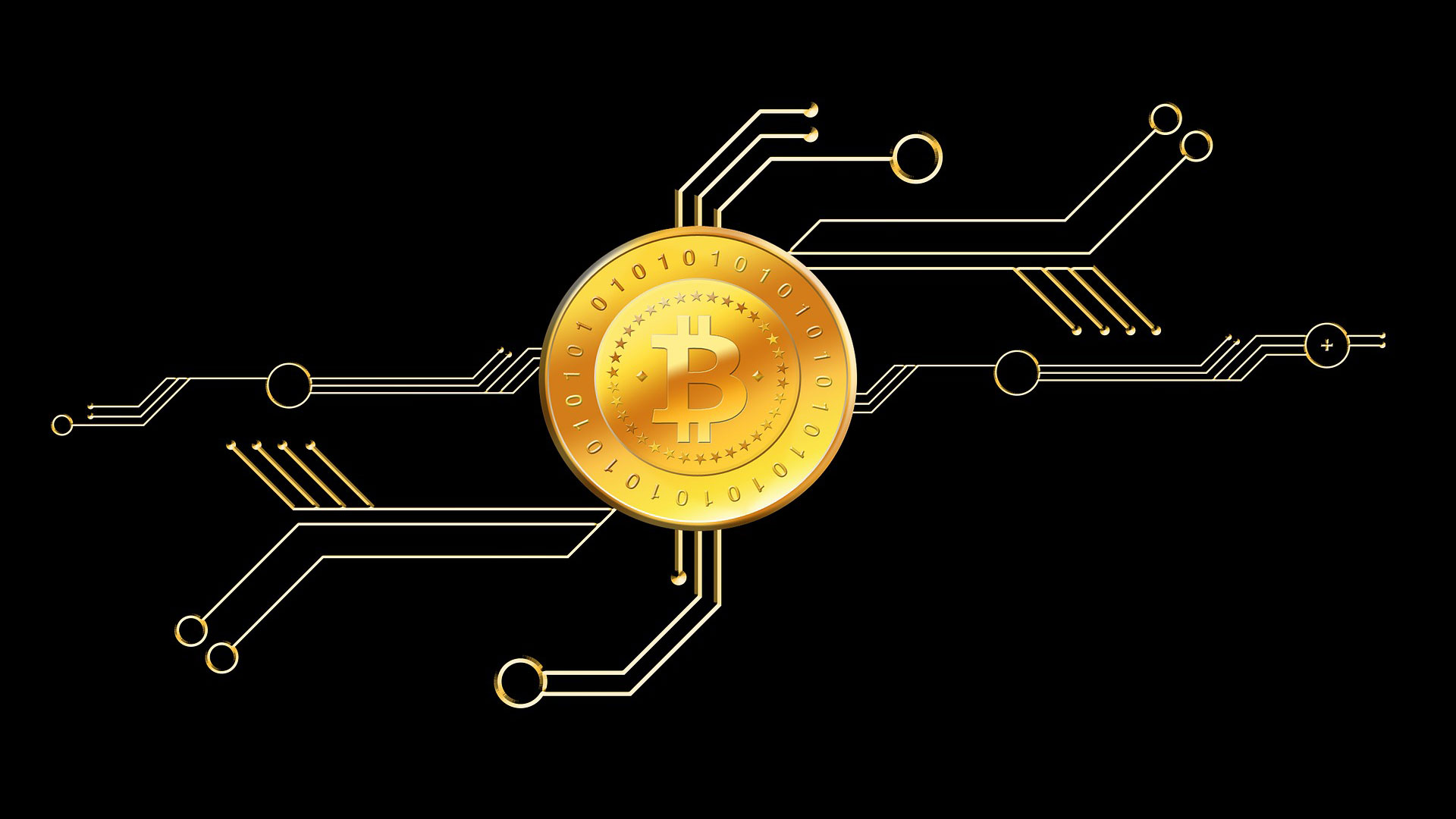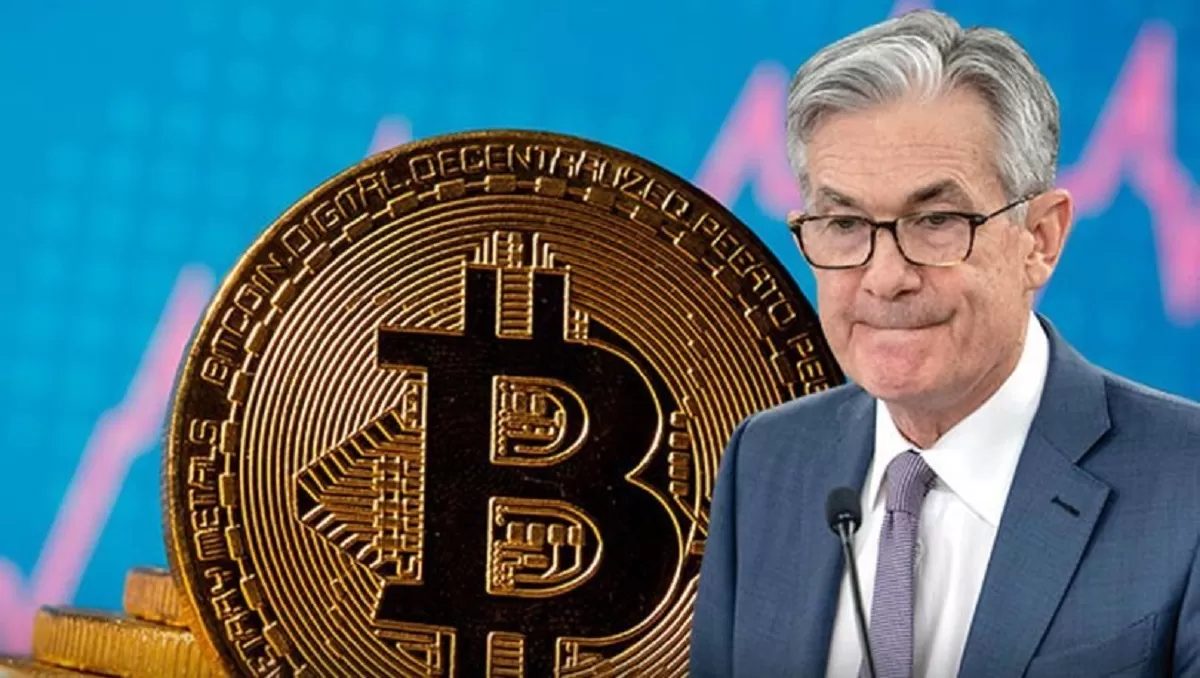The Decline of Fiat Money
Fiat currencies have historically lost value over time due to inflation and changes in monetary policy. This depreciation is often invisible on a day-to-day basis but becomes evident over longer periods. As fiat money decreases in value, holding cash or cash equivalents becomes a losing financial strategy for companies. This continuous erosion of purchasing power forces companies to seek alternative investment strategies to preserve and grow their capital. Bitcoin offers a contrast to this trend due to its capped supply, which is not subject to the same kinds of inflationary pressures.
Revitalizing Operations with Bitcoin
Every company needs at it’s core a way to preserve purchasing power. As we see companies pioneeing the integration of Bitcoin into their corporate strategies this topic will only increase in relevance. Adopting Bitcoin is proving to be a crucial method to revitalize operations as Strategy (Formerly Microstrategy) shows. Despite the volatility in Bitcoin prices, the strategic value it offers for any company looking towards the future cannot be overstated. As the average lifespan of companies continues to decrease—from 32 years in 1965 to only 21 years in 2020 (D. Clark, 2024), this trend highlights the need for innovative financial strategies to combat the continuous devaluation of fiat currencies as governments print more money.
The case for Bitcoin adoption is now stronger with the election of a pro-Bitcoin President in the United States, who is actively working to provide regulatory clarity for companies engaging with Bitcoin. Donald Trump famously stated at a Bitcoin conference that he would fire Gary Gensler on day one; however, Gensler’s recent resignation has preempted this action, significantly reducing regulatory uncertainty. This development has massively decreased the risks associated with Bitcoin adoption, setting the stage for increased corporate integration. Companies like Tesla have previously accepted Bitcoin, recognizing this trend, and the likelihood of favorable regulatory announcements in 2025 further bolsters the case for Bitcoin.
Traditionalists may cling to the old financial systems, but forward-thinking companies are increasingly moving towards a Bitcoin standard. This shift is not just about surviving in a changing economic landscape but thriving by leveraging Bitcoin to create more resilient and innovative business models.
Bitcoin as a Nuclear Reactor Powering Innovation
Unlike traditional assets that are subject to the depreciation effects of inflationary fiat systems, Bitcoin can be likened to a “nuclear reactor” of financial innovation. Its decentralized nature and limited supply make it an attractive hedge against inflation. Moreover, Bitcoin’s global acceptance and increasing integration into financial systems make it a viable component of corporate financial strategy, capable of powering innovation and offering new business opportunities.
The inevitability of Bitcoin’s price rise is grounded in its fundamental separation from governmental control. As superior money, Bitcoin operates independently of any government’s ability to issue more currency, thereby ensuring its scarcity and potential for value retention. This separation of money and state represents a deep paradigm shift in how money is perceived and used globally. The inherent characteristics of Bitcoin not only protect it from inflation but also position it as a superior form of money in the digital age. This shift is driving its increasing acceptance and integration into financial strategies at a corporate level, highlighting its role not just as an investment but as a catalyst for economic innovation.
Strategic Financial Diversification
Companies that integrate Bitcoin into their asset allocation can diversify away from traditional financial systems and assets that are tied closely to the economic policies and conditions of specific countries. This diversification can protect against regional economic downturns and the broader global inflationary trends affecting fiat currencies.
By adopting a Bitcoin strategy, companies are not merely betting on the appreciation of Bitcoin relative to fiat currencies. They are strategically positioning themselves to avoid the depreciation of traditional assets and to embrace an innovative, potentially transformative financial instrument. This strategic move is not just about staying afloat; it’s about taking control in a rapidly changing financial environment where Bitcoin acts not only as a safeguard but also as a catalyst for growth and innovation.




